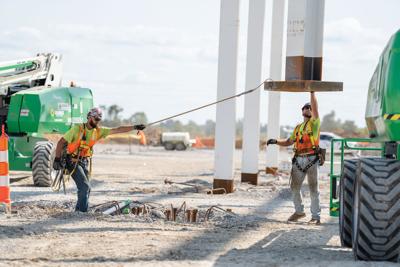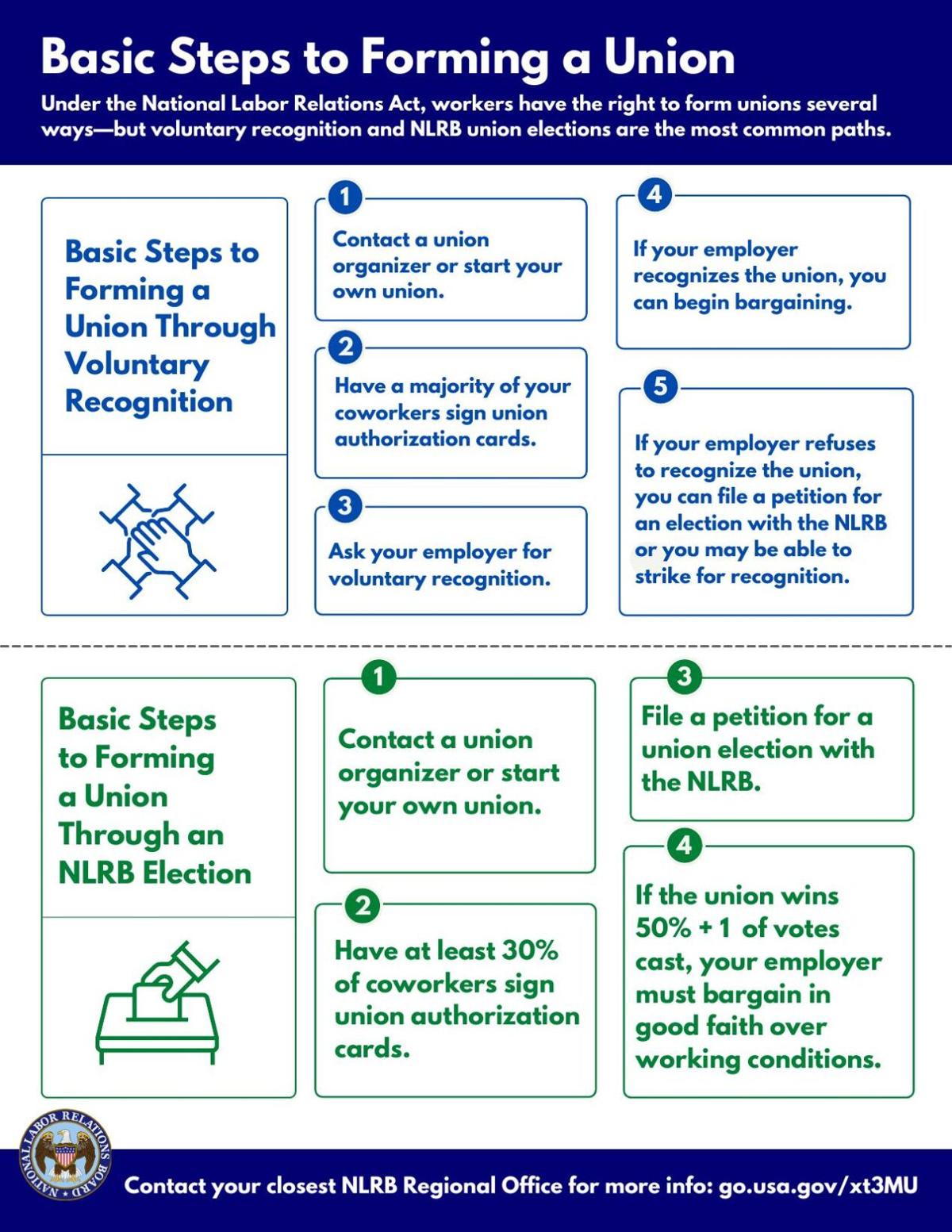The Tennessee General Assembly’s Republican supermajority is continuing its war on organized labor with legislation that critics say is a hypocritical abuse of power.
Senate Bill 650/House Bill 1342 would restrict access to benefits from the Tennessee Department of Economic and Community Development for businesses that allow what are known as card-check union elections. It would instead require companies to conduct all elections through secret ballots, which organizers and Democrats say are not only anti-union, but anti-business.
Under the National Labor Relations Act, there are currently two common pathways to unionization. The first and easier path is by card check. Under this process, once more than 50 percent of a workforce has signed authorization cards, the employer can voluntarily recognize the union and enter into collective bargaining. If the employer chooses not to recognize the union, employees can go down the second path, which is the secret ballot process. This is a long and expensive process, conducted by the National Labor Relations Board. This new legislation would punish employers who engage in the card-check process, effectively forcing all organization efforts straight to a secret ballot.
Advocates for the legislation argue that secret ballots allow workers to vote without feeling any pressure from their fellow employees. But organizers say the extension of the unionization process allows employers more time to intimidate and pressure the workforce to vote against unionizing. In some instances, this can even take the form of politicians visiting businesses to discourage workers from unionizing, such as Gov. Bill Lee’s visit to Volkswagen in 2019, which ended in a failed unionization effort.
“All we’re saying is that if you’re moving to Tennessee, we support fair and free elections, conducted in private,” said Rep. Kevin Vaughan (R-Collierville), who presented the legislation to the House floor. “We’re not trying to say yes organize, no organize. All we’re saying is that if you do choose to organize, this is the methodology we want you to use, because we believe that most people believe in fair and free elections.”
Tennessee’s staunch anti-labor policies have long made it one of the states least friendly to organized labor. Tennessee has been what’s known as a right-to-work state since 1947, and an amendment to enshrine right-to-work language in the state constitution passed on Election Day in November. Unions in right-to-work states have far less organizing and bargaining power, which studies show leads to lower wages and fewer benefits for workers.
During this legislation’s progression through the General Assembly, members of the Democratic superminority have pointed to Ford’s BlueOval City automotive production complex in Stanton, Tenn. At a cost of $5.6 billion, the project, which is currently being built, is estimated to create 5,800 union jobs. As a union shop, Ford would be unaffected by this bill because their contract with the state has already been signed, but some opponents say it is unlikely the company would have chosen Tennessee for its complex had this legislation gone into effect before they chose to do so.
“The bottom line is discussions about worker representation should be left up to the employers and employees, without outside influence from the government telling them what they can and can’t do,” says state Rep. John Ray Clemmons (D-Nashville). “We’re trying to use ECD grants as a hammer to dissuade unionization.”
Tennessee hands out millions of dollars in Economic and Community Development grants every year as a way of incentivizing companies to bring jobs into the state. Clemmons speculates that Ford moving here could lead to other companies, such as parts manufacturers, also bringing jobs to Tennessee. But since many of these manufacturing jobs are typically union jobs, Clemmons thinks this legislation will have a cooling effect. By passing this legislation, the General Assembly would effectively force union shops — which could provide higher-paying jobs to Tennesseans — to instead develop in nearby states like Mississippi or Arkansas.
Critics also say the legislation is hypocritical, given the GOP’s usual stance on government interference in business.
“The state had a lot of freedom and autonomy to design the incentive package in order to bring [Ford] in,” says Feroza Freeland, a policy manager for pro-worker lobbying nonprofit A Better Balance. “And my understanding is those are going to be good union jobs, which is great. But they’re kind of denying local governments the same freedom to be able to have a say in how these taxpayer-funded contracts, what kind of jobs they’re going toward.”
Tennessee has laws in place that prohibit local governments from setting labor standards for businesses that they want to incentivize with their tax dollars. Higher wages, better benefits and paid sick leave — all things available to Ford workers — are prohibited from being a part of what city governments consider when incentivizing businesses under state preemption laws.
“Tennessee’s had some of the highest unionization numbers in the country just within the past couple of years,” says Alyssa Hansen of the Tennessee AFL-CIO Labor Council. “I think lawmakers are scared of that. Working people are joining together and speaking up like never before, and I think those growing numbers also give them some pause.”
Unions allow people from all different backgrounds to unify under the same cause: making enough money. Step into a union shop and you are likely to find Republican and Democratic voters alike, organizing together and pushing for the same things. With that organization comes political power. Studies show that states with more union members also have increased voter turnout.
“The end goal is to break the unions,” says Adren Crawford of AFL-CIO. “This state openly says that they’re 100 percent unequivocally pro-business. And they do not want workers having a voice because that would actually drive up wages and benefits. No one ever stands up from the majority-party side and says that ‘I’m pro-worker, and I want to do this to help the worker.’”
The bill to force secret ballot votes passed through the House last week, with all but one Democratic representative voting no. The bill will most likely reach the Senate floor this week.






